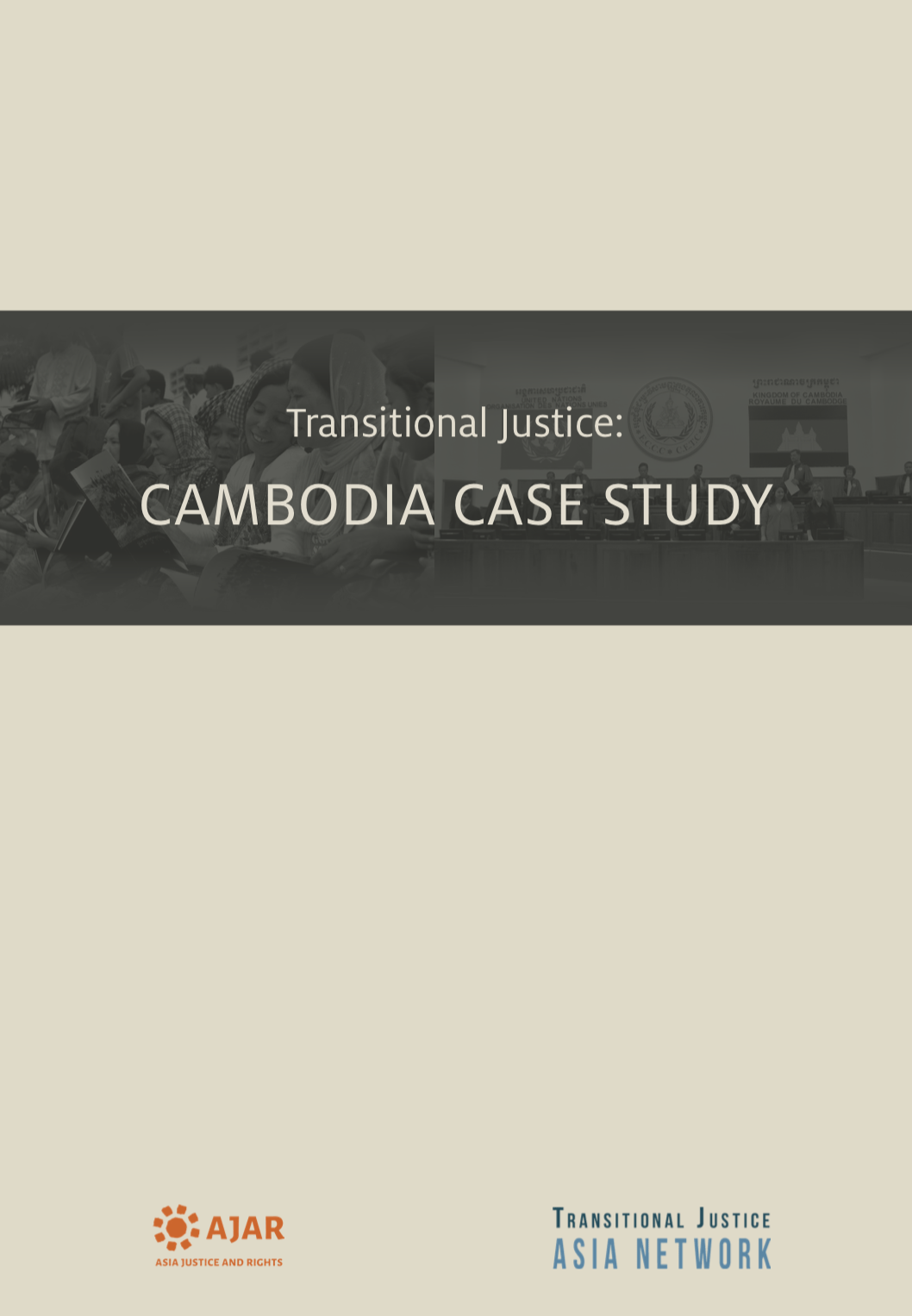From 1969 to 1973, the Vietnam War spilled over into the Kingdom of Cambodia during which the US air force secretly bombed its countryside and killed between 150,000 and 750,000 people. Pro-US General Lon Nol seized power from Prince Norodom Sihanouk and declared Cambodia a Republic in 1970, starting a civil war between his army and the pro-Sihanouk forces with Khmer Rouge guerrillas as the strongest faction. Khmer Rouge (KR), was a radical leaning communist movement that gained momentum and popular support from the US bombing and the resentment against Lon Nol. KR eventually managed to enter the capital city of Cambodia, Phnom Penh, and claimed victory on 17 April 1975, marking the start of The Democratic Kampuchea (DK) era which lasted until 9 January 1979.
KR imposed a radical Marxist-Leninist regime nationwide that sought to transform Cambodia into an agrarian and classless society. KR then set up structures to exercise total control over the population: family structures were broken, a forced marriage policy was implemented, and religion was banned. They also imposed forced labour in agriculture and industrial sites and put in place extreme measures to ensure ideological purity of the masses. These measures included the obligation for citizens to report each other’s misconducts, re-education programmes, detention in security centres, mass arrests of suspected traitors, torture, and mass killings. As the result, during DK era, between 1.5 and 2 million people died from exhaustion, hunger, disease, or mass executions.
Vietnamese forces entered Phnom Penh on 9 January 1979, unseating the KR and establishing the People’s Republic of Kampuchea (PRK). Many PRK leaders were former KR senior cadres who had sought refuge in Vietnam during DK era, including Hun Sen, who has been Cambodia’s Prime Minister since 1985. Cambodia then plunged into the second civil war that lasted for a decade between PRK forces, supported by Vietnam, and anti-Vietnamese forces, including the KR.
At the end of Cold War, Vietnam withdrew its troops from Cambodia and the conflicting parties signed a peace agreement, entitled Comprehensive Political Settlement of the Cambodian Conflict in 1991, returning Cambodia to a Constitutional Monarchy. In February 1992, the UN deployed the United Nations Transitional Authority in Cambodia (UNTAC), a peacekeeping mission dedicated to ensuring the transition to democracy and the organisation of fair elections. In 1993 such elections were held but the National United Front for an Independent, Neutral, Peaceful and Cooperative Cambodia (FUNCINPEC)’s victory was not respected. Instead, Hun Sen, the PM during PRK era and leader of the Cambodia People’s Party (CPP), forced a political compromise that created co-Prime Ministership between him and Prince Norodom Ranariddh from FUNCIPEC, before finally seizing full power in July 1997 through a military coup. Hun Sen continues to rule until the present day, establishing an increasingly repressive regime that holds regular elections that are neither free nor fair.
